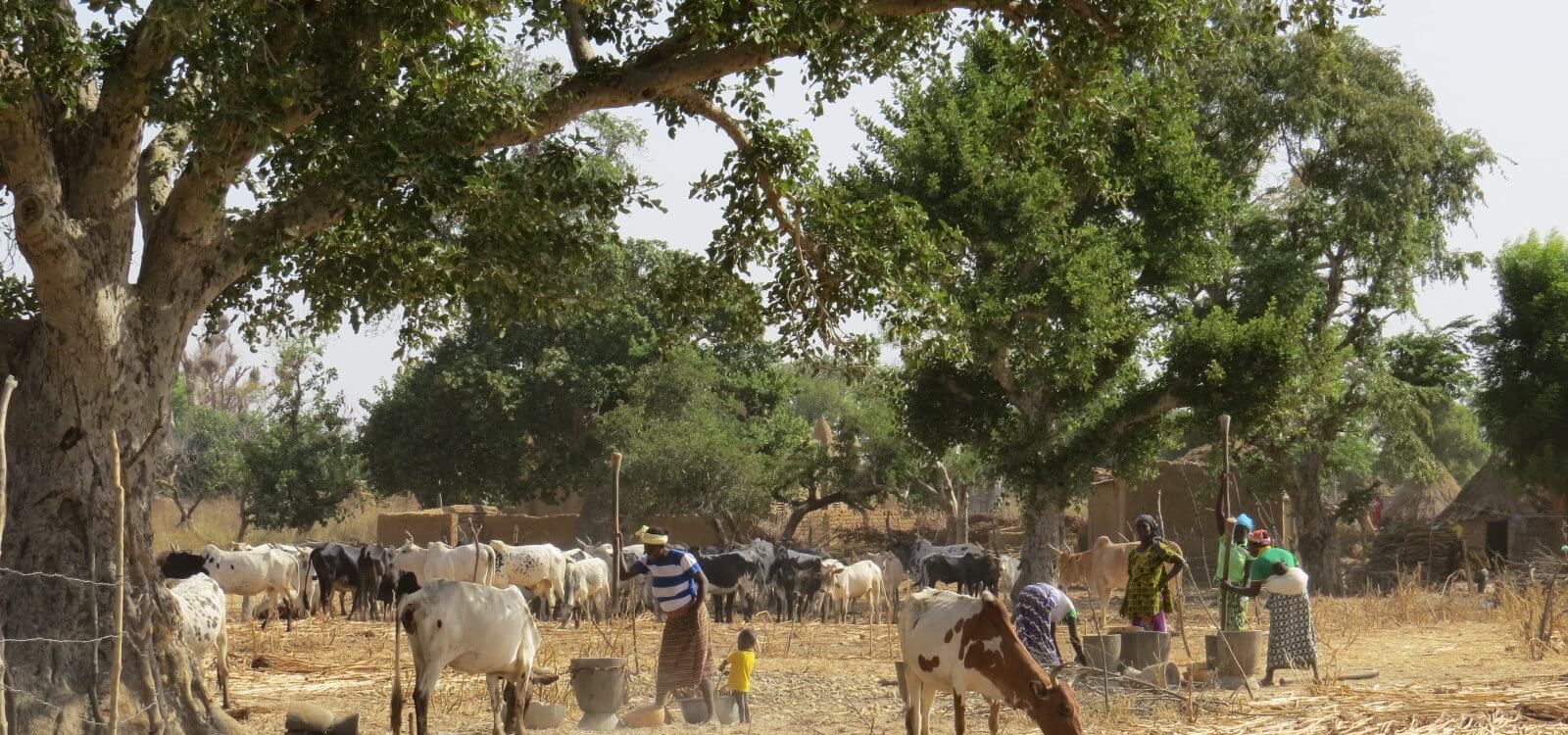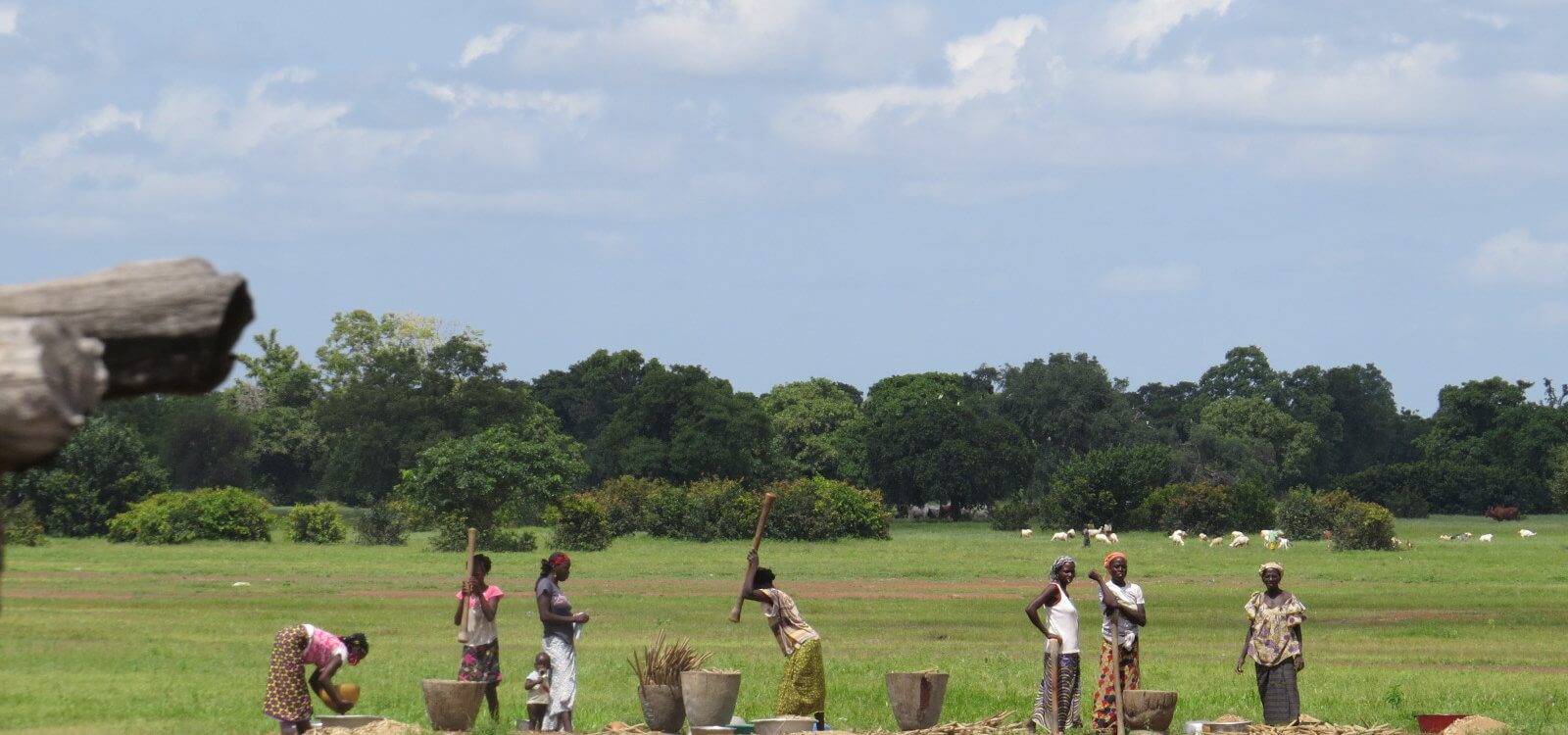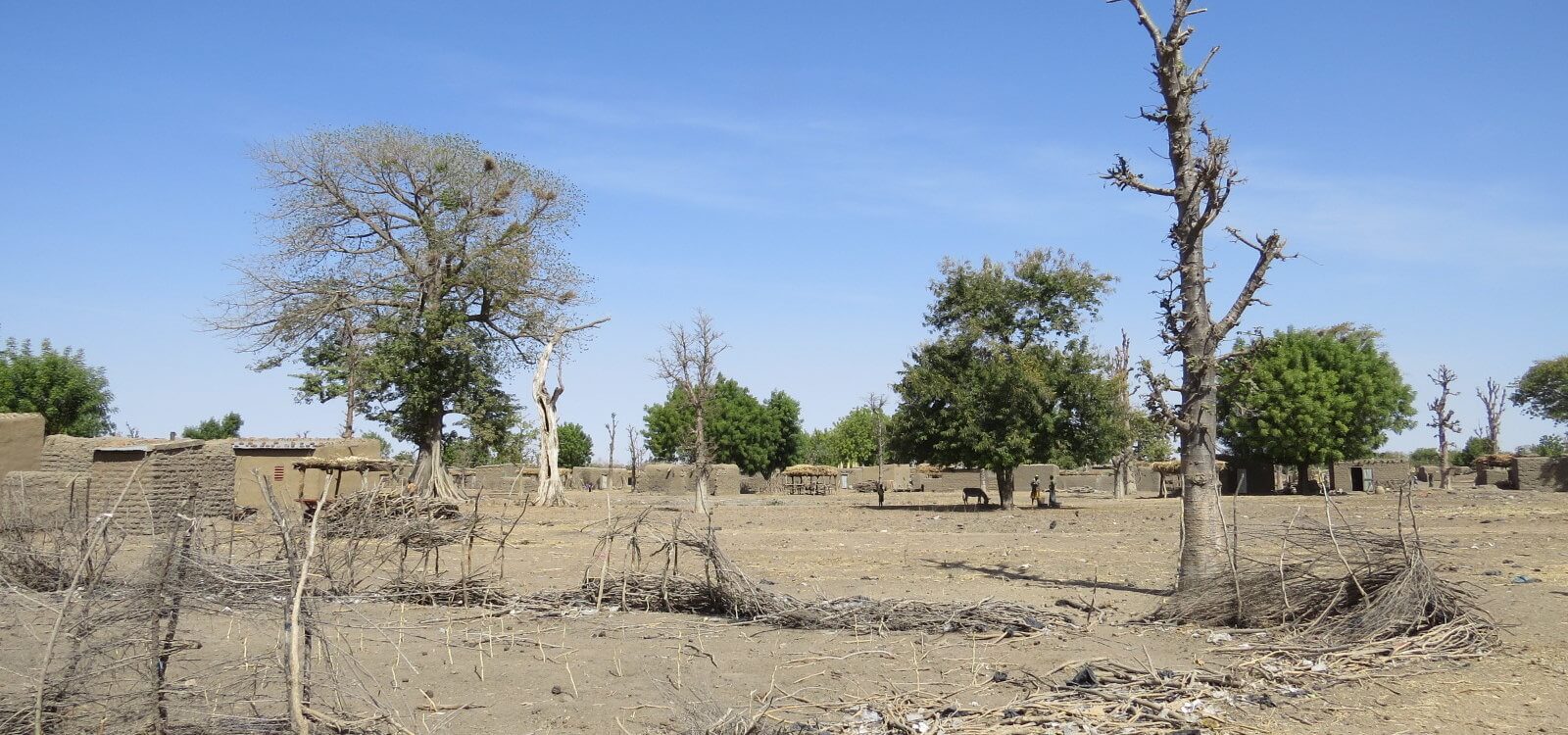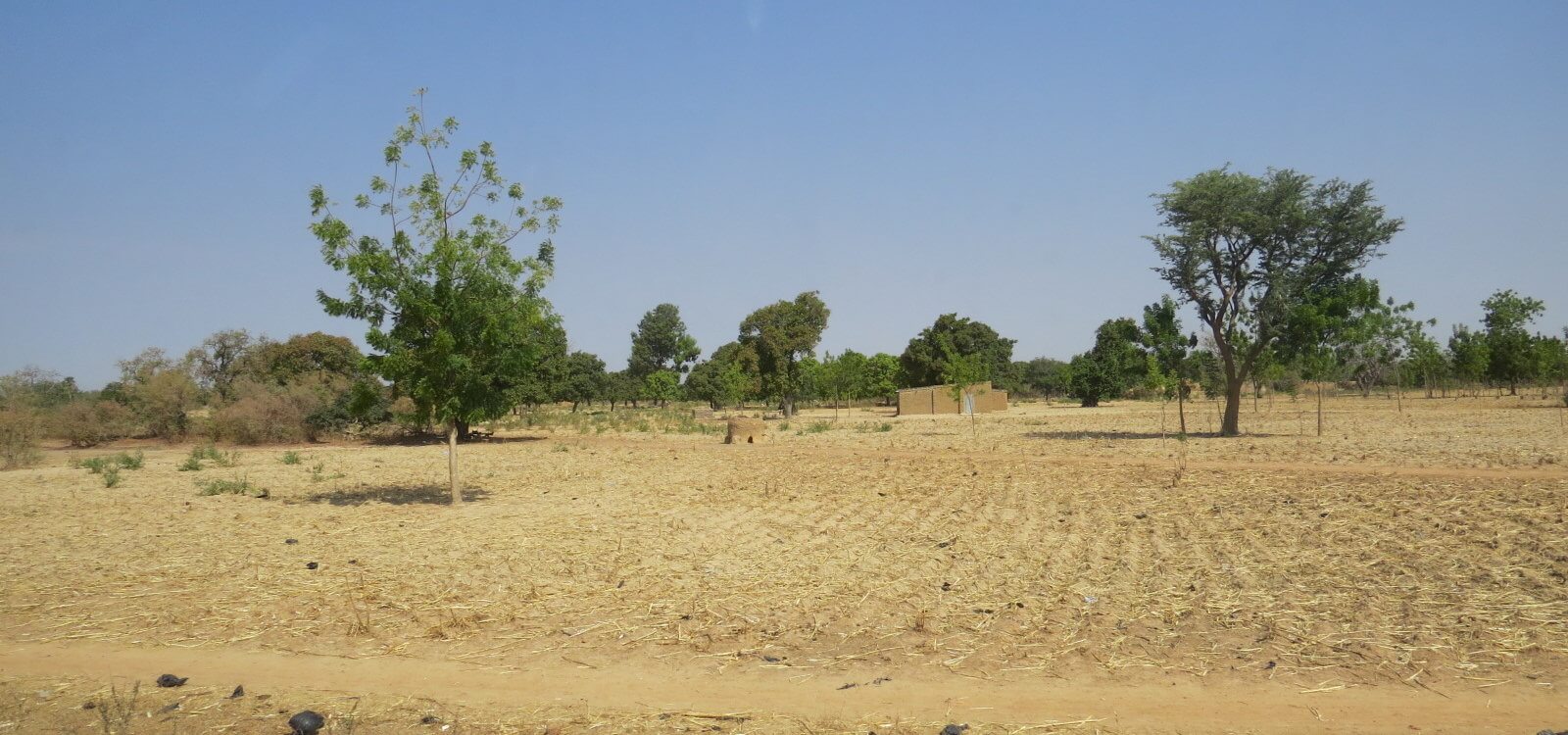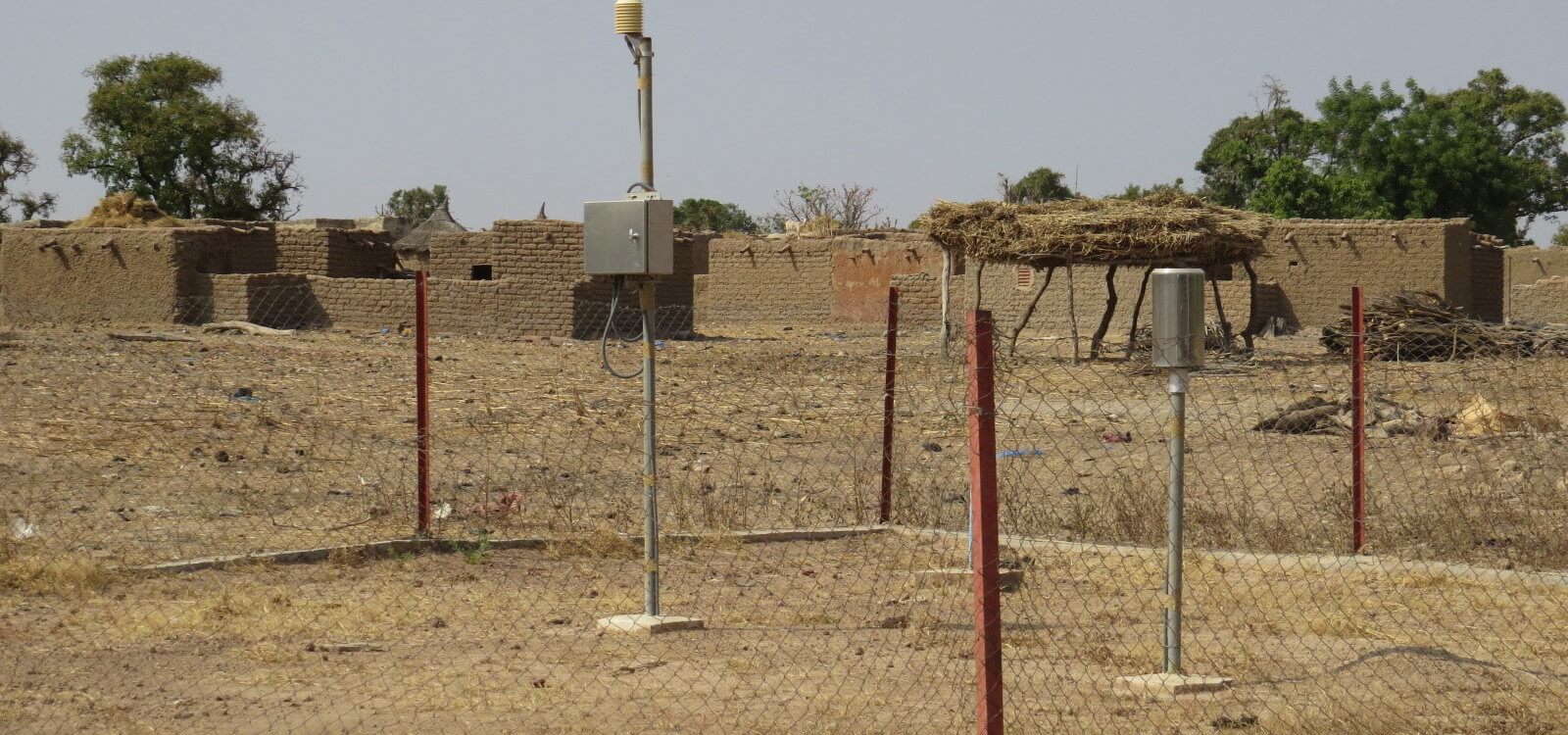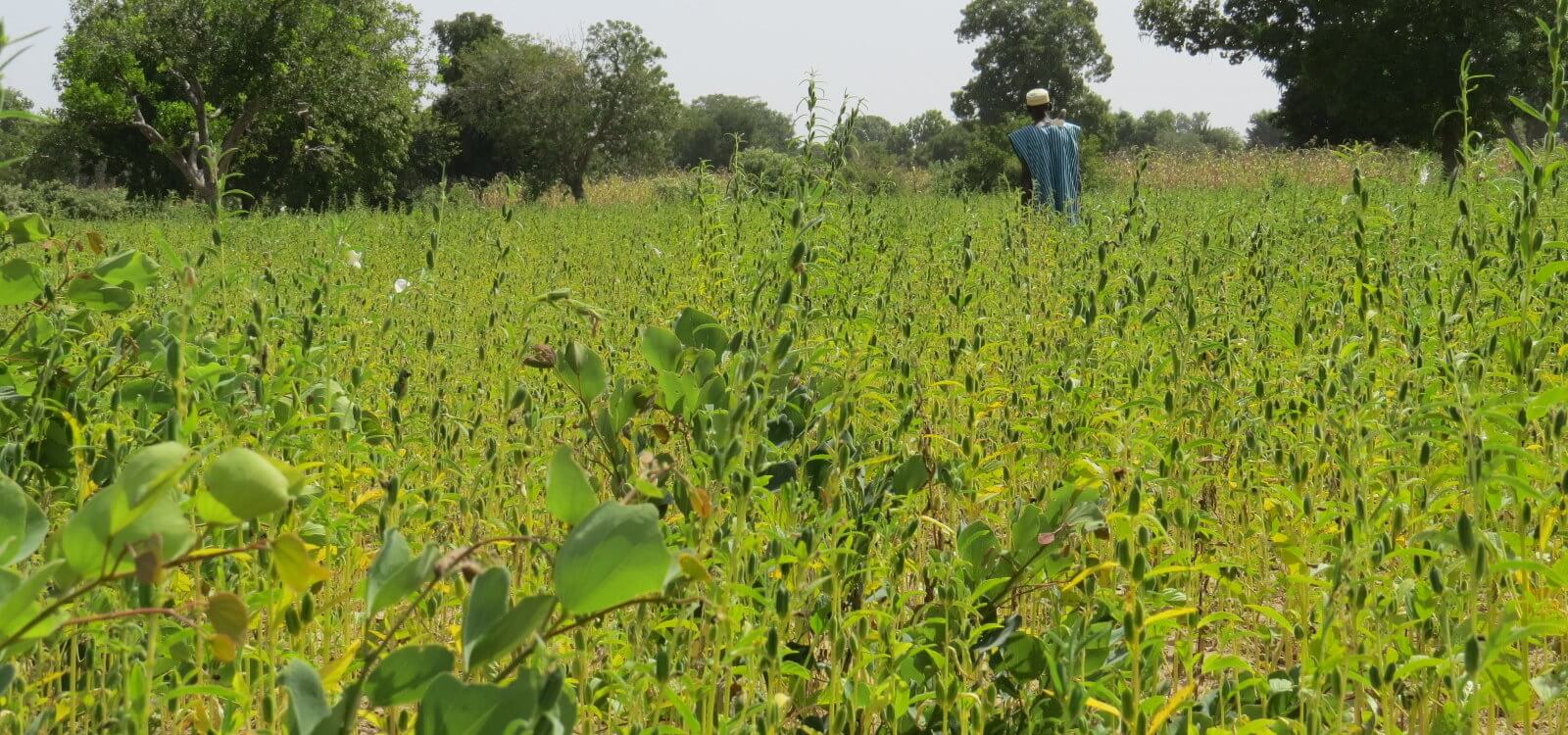Projects / P5
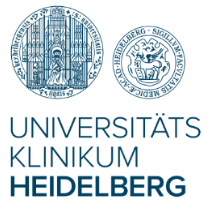
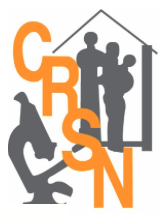
Industry Partners
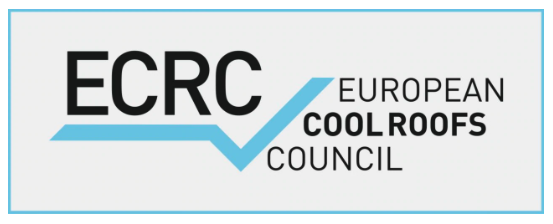


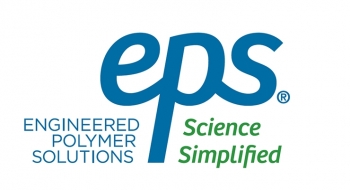
Population-level monitoring of health and environmental outcomes using next generation sensors
Background:
- Central Project 1 (CP1) aims to establish the acceptability, reliability and durability of the next-generation of measurement instruments for climate change and health research.
- CP1 provides infrastructure for collecting outdoor climate data.
Research objectives:
- Conduct feasibility testing and evaluation of sensor-based measurements as used in CP1 and P5.
- Provide infrastructural support including server-based services (Seafile, data storage, website) and weather stations.
- Share resources including sensor-based measurements, field staff, further equipment (battery packs, solar panels).
- Conduct automatized classification training for phase two.
- Prospectively (likely 2nd phase): using health outcomes based on P5 measurements – Diabetes, blood pressure, body temperature – for automatized classification training (taking also into account sensor-based measurements, weather station data).
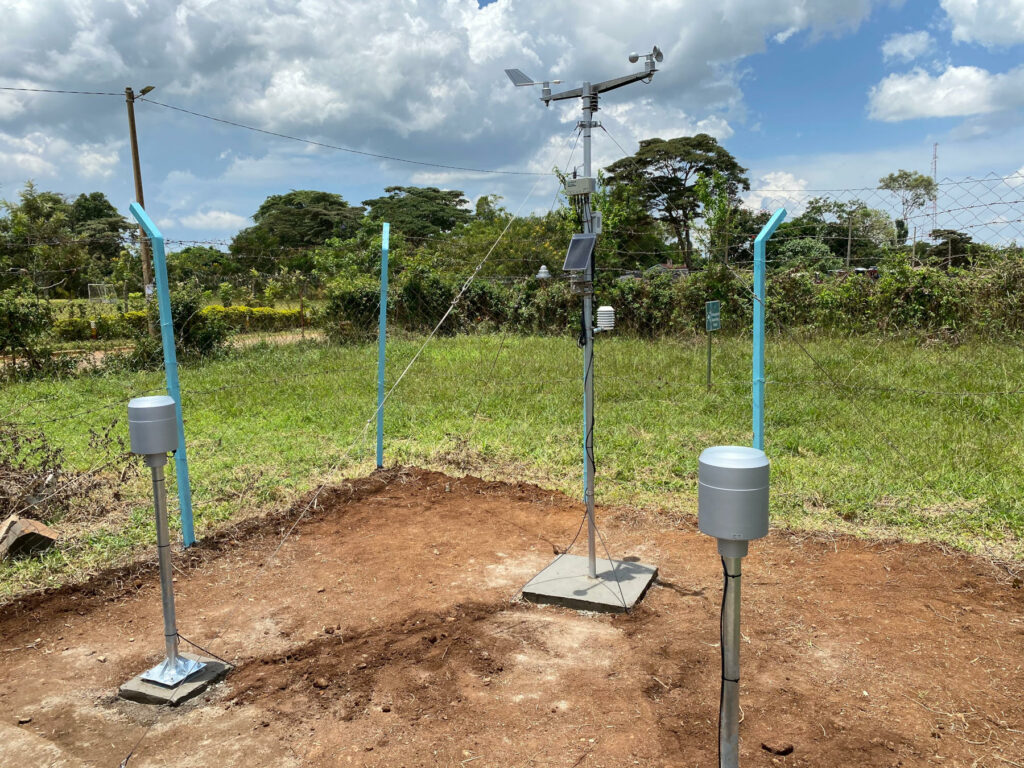
Example of a weather station
Methods:
- We will use mixed methods to compare outcomes including heart rate, activity and sleep collected on commercially available devices to gold standard devices.
- We will utilize health outcomes from P5 measurements including diabetes, blood pressure, body temperature to train a model based on existing data and predict the values of new samples by the trained model. This will also take into account sensor-based measurements and weather station data.
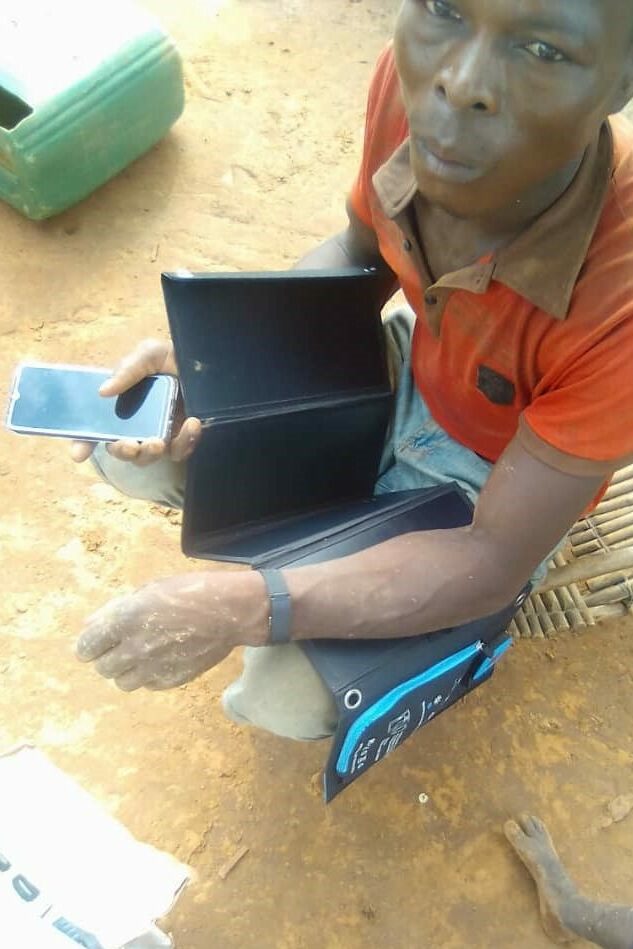
Study participant wearing a smartwatch connected to the smartphone
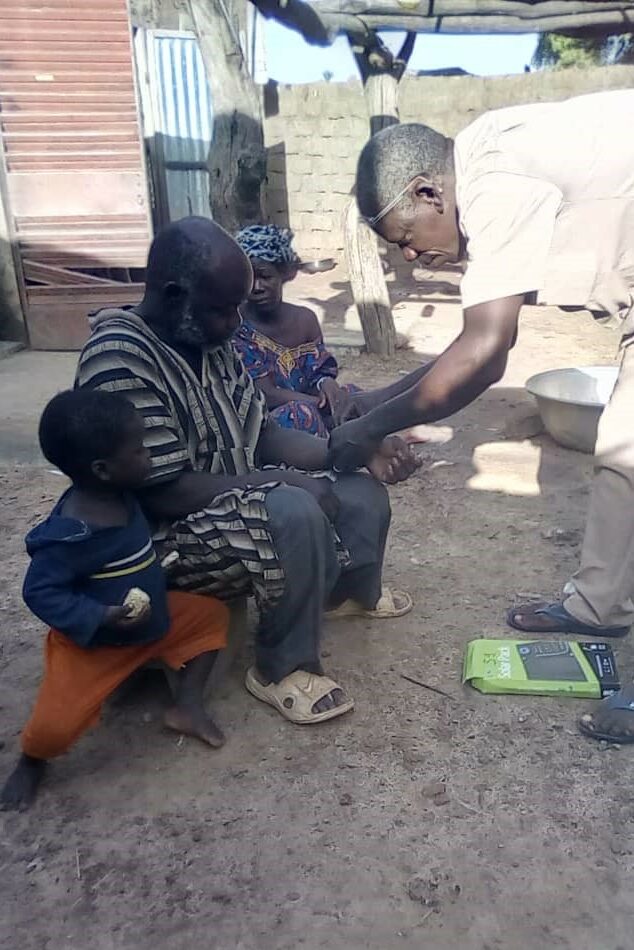
Study participant trying the smartwatch
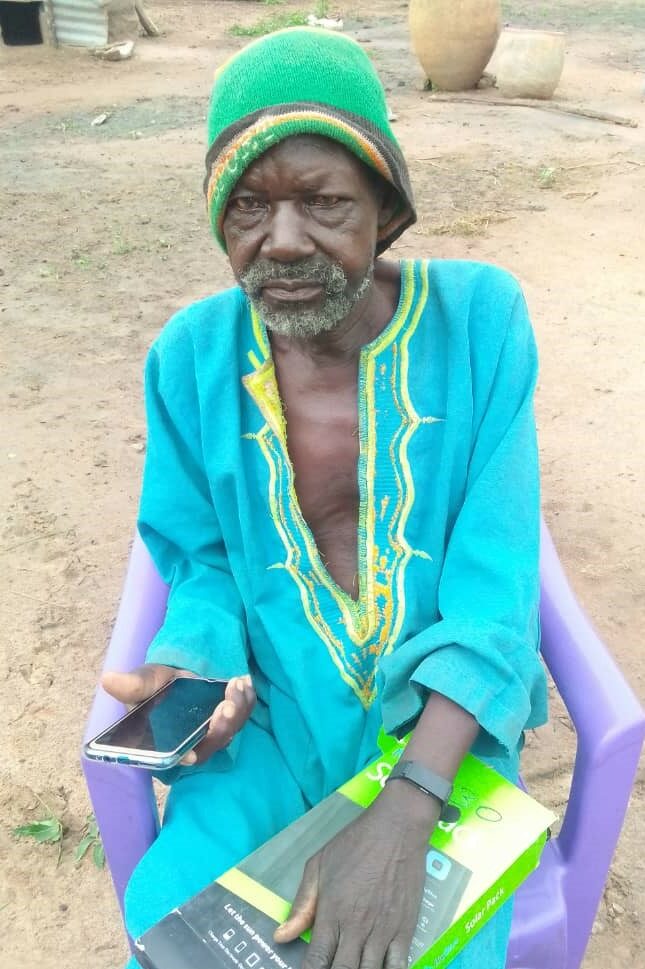
Study participant wearing a smartwatch connected to the smartphone
Contributing Scientists (in alphabetical order):
Prof. Dr. Dr. Till Bärnighausen (Heidelberg Institute of Global Health, Heidelberg University)
Dr. Sandra Barteit (Heidelberg Institute of Global Health, Heidelberg University)
Dr. Aditi Bunker (Heidelberg Institute of Global Health, Heidelberg University)
Dr. Ali Sie (Director, Centre de Recherche en santé de Nouna)

